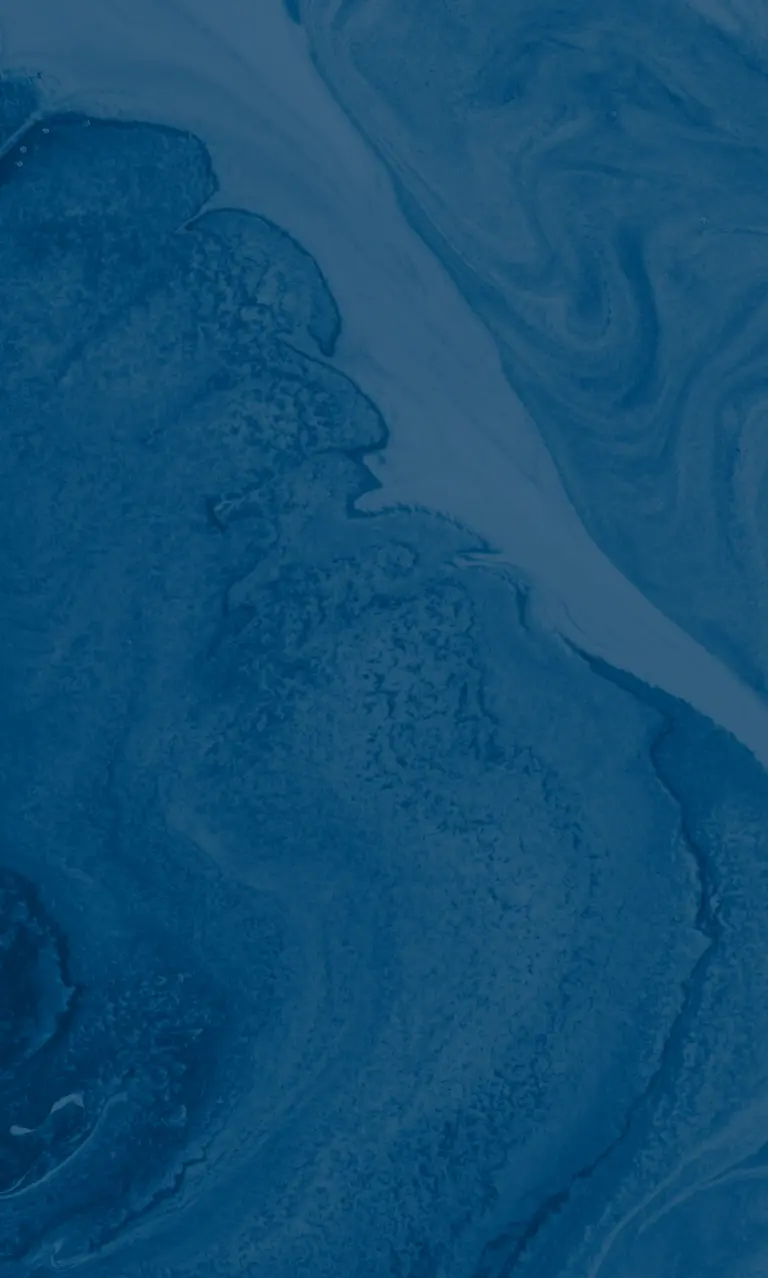ECO-SAUMON Developing an integrated salmon production and processing industry
The highly nutritious salmon represents a major food source and is the most commonly imported species of fish in France today. To minimise overfishing, there have been widespread developments in salmon farming in recent years. Virtually all salmon consumed today is farmed.
The ECO SAUMON project is aimed at creating an integrated and eco-efficient salmon production and processing industry in France with the development of an on-shore pilot farm producing salmon at Tréffiagat in Brittany. In practical terms, this eco-efficient industry will take the form of:
- Production of marine-rich foods from by-products of local fishing and algae industries;
- Selection of the most productive strains of salmon;
- An animal health-based approach to production, minimising recourse to drugs;
- Waste-free, closed circuit water treatment coupled with bioremediation using microalgae.
By bringing together all links in the value chain, the project will encourage pioneering technologies to be shared throughout the industrial chain from perfecting innovative foods to finished products (fresh and smoked salmon fillets) that are safer for the consumer.
Contact: rachel.sellin@pole-mer-ba.com
Partners
Centres de recherche
- ANSES (Agence Nationale de Sécurité Sanitaire de l'alimentation, de l'environnement et du travail), Brest
- Labocea, Ploufragan
- INRA, Rennes et INRA PEIMA, Sizun
- Ifremer, Palavas-les-Flots
Entreprise
- Merinvest (Meralliance), Quimper [Porteur de projet]
- Algenic's, Saint-Herblain
- Atlantic Petfood, Concarneau
- Veolia Water STI, Antony
Funders
- Sans financement public
